Although the iPhone 17 Air has an ultra-thin design, it will not be inferior in battery capacity to other members of the "apple" family, thanks to new battery technology.
In a recent blog post about Apple's foldable iPhone development plans, supply chain analyst Ming-Chi Kuo revealed that the iPhone 17 Air will feature a high-energy density battery.
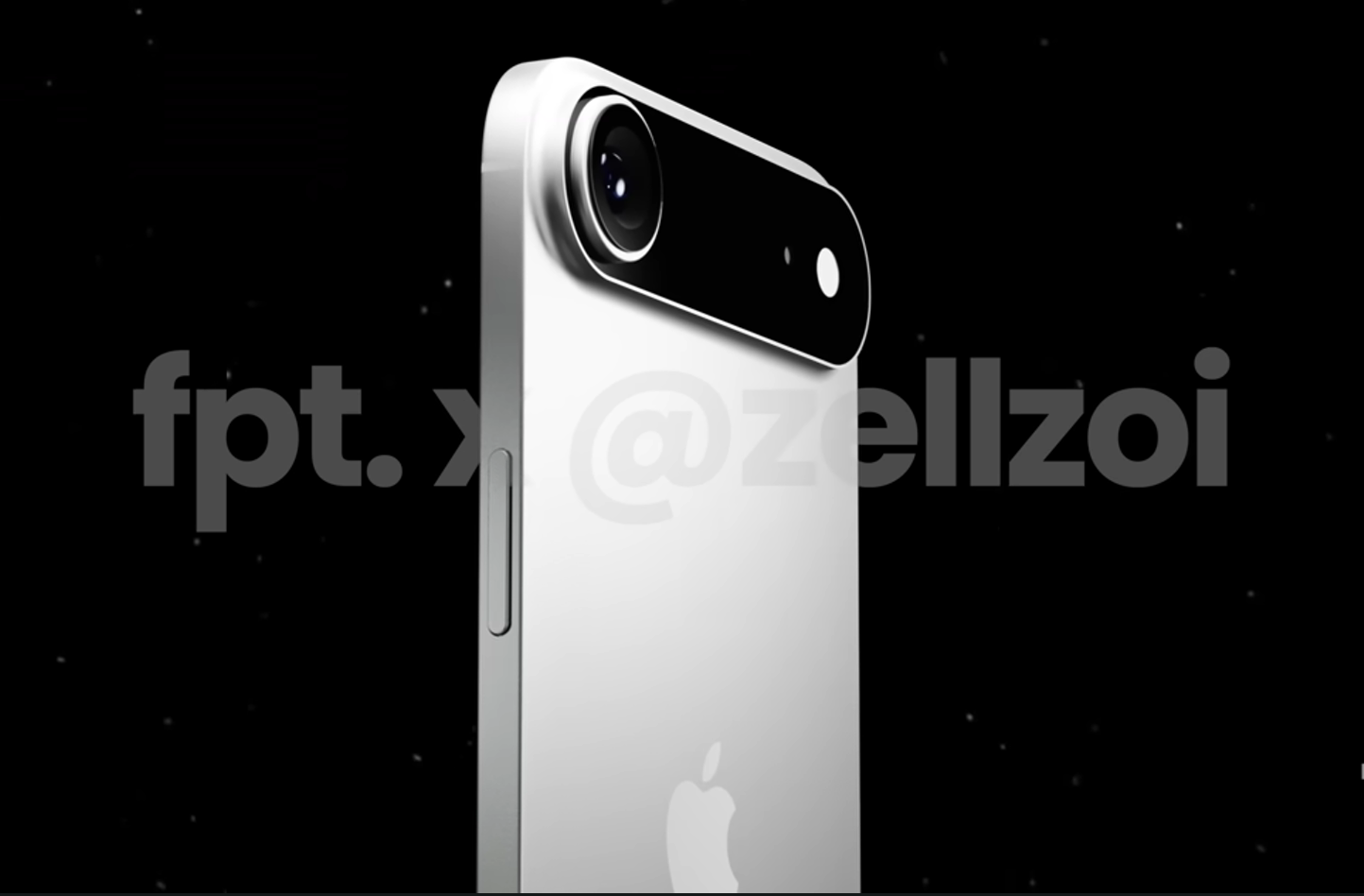
Specifically, Mr. Kuo said that Apple's first foldable iPhone model "will use the same high-density battery as the ultra-thin iPhone 17".
However, he did not share any specific specifications on battery capacity in Wh/mAh.
Previously, many people were concerned that the iPhone 17 Air's ultra-thin design would limit battery capacity, affecting usage time.
However, the device may exceed expectations in this regard. Currently, there are three factors rumored to help improve battery life for the iPhone 17 Air, including: High-density battery, providing more power in the same space; power-saving C1 modem developed by Apple; design without Ultra Wide camera, helping to optimize internal space for a larger battery.
Apple's high-density battery technology
Apple is making major strides in battery technology with High-Density Batteries, which promise to significantly improve battery life without increasing the size of the device.
The advantage of this technology is that it increases battery capacity without increasing its size. High-density battery technology allows more energy to be stored in the same space than conventional lithium-ion batteries. This is especially important for thin devices like the iPhone 17 Air.
By using advanced materials like silicon-carbon instead of traditional graphite, the battery can achieve higher energy density, helping the iPhone last longer without needing a larger battery.
High density batteries not only extend daily usage time, but can also help reduce battery degradation, maintaining better performance after years of use.
Additionally, the iPhone 17 Air is expected to use Apple's C1 modem, which reduces power consumption compared to Qualcomm modems. This, combined with a high-density battery, will optimize the battery life of this iPhone model.
However, Apple will also face many challenges with new battery technology such as expensive production costs (affecting the selling price of iPhones). On the other hand, the higher the energy density, the greater the risk of overheating. Apple may need to improve the thermal management system and battery safety to avoid problems such as rapid battery failure or overheating.
Apple is expected to launch the iPhone 17 Air in September this year along with the iPhone 17, iPhone 17 Pro, and iPhone 17 Pro Max models. According to leaked news, the iPhone 17 Air will only have a single speaker, no Ultra Wide camera, and possibly no physical SIM tray.
Watch the iPhone 17 Air video with a completely new rear camera bar design. (Source: Front Page Tech):
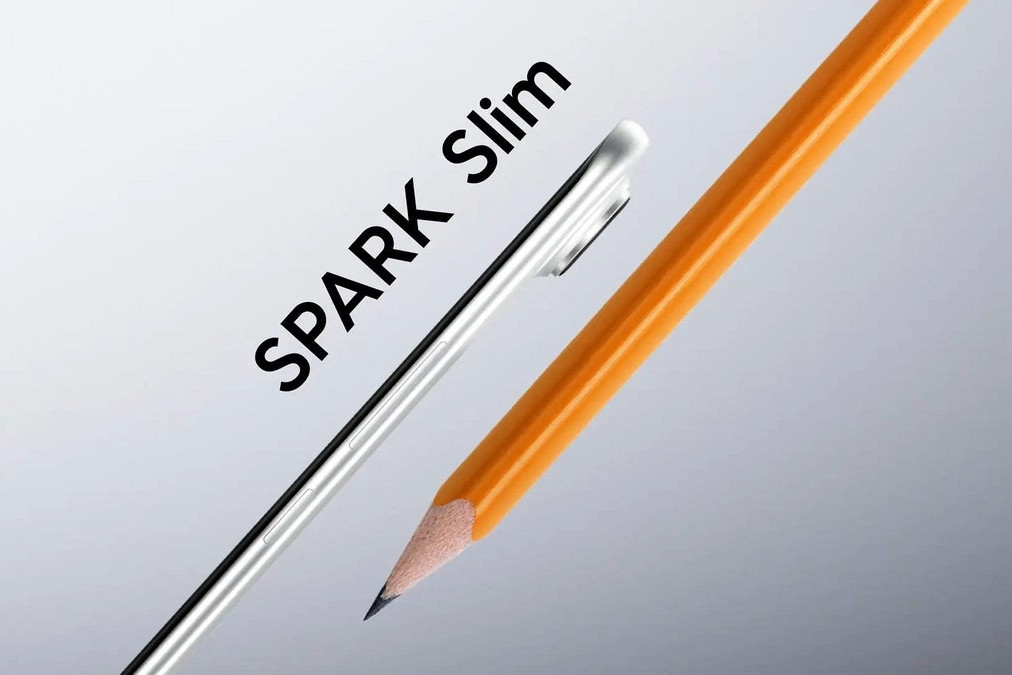
Source: https://vietnamnet.vn/iphone-17-air-sieu-mong-sap-ra-mat-van-co-pin-khung-2378354.html





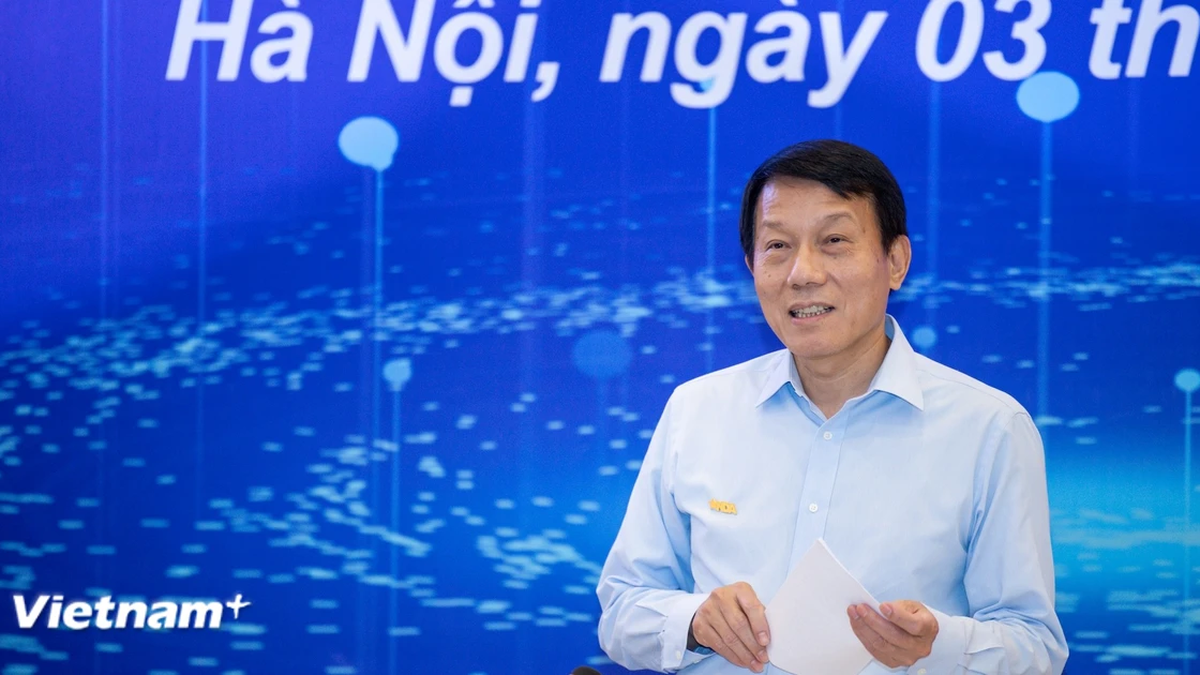















































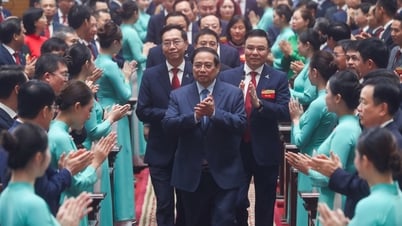











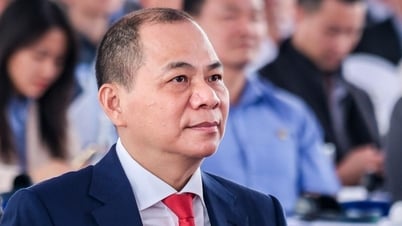
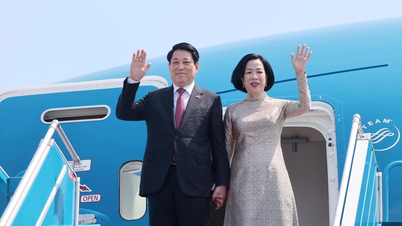





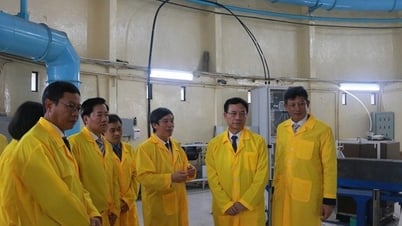



























Comment (0)